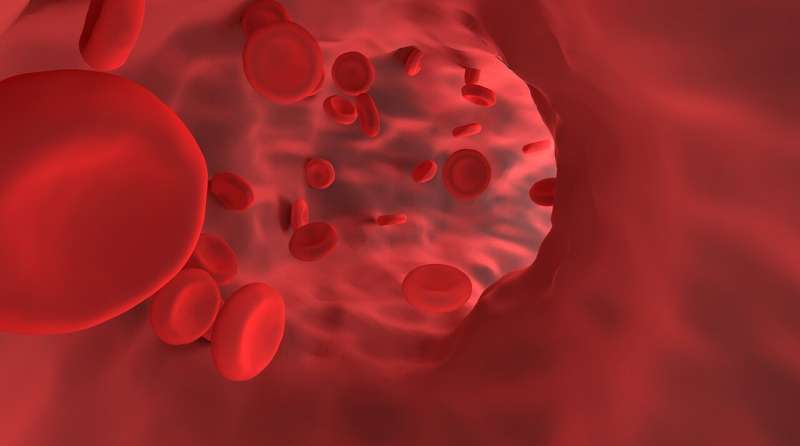New Treatment Approach for Dizziness and Heart Race After Standing

Recent studies reveal that ivabradine, a heart failure medication, may provide significant relief for POTS patients by controlling abnormal heart rate surges, improving symptoms and quality of life.
Many individuals experience episodes of dizziness and rapid heartbeats upon standing, symptoms often linked to a rare condition known as postural orthostatic tachycardia syndrome (POTS). This condition is characterized by an abnormal increase in heart rate when transitioning to an upright position, leading to feelings of lightheadedness, fainting, chest pain, and anxiety.
Recent research suggests that a well-established heart failure medication, ivabradine, may offer relief for POTS patients. In a pilot study, ivabradine effectively suppressed the excessive increase in heart rate typically triggered by standing, with patients experiencing a 69% reduction in sensations of faintness and a 66% decrease in chest pain. These findings indicate that controlling heart rate can significantly improve quality of life by alleviating the core symptoms of POTS.
The mechanism behind POTS involves an overactive sympathetic nervous response, releasing too much norepinephrine upon standing, which causes the heart to race excessively. Ivabradine works by affecting the electrical activity of the heart, specifically slowing the heart rate, without influencing blood pressure — a critical aspect given that blood pressure stability is essential.
In the study, ten POTS patients with an average age of 28, mostly women, received ivabradine. The results were promising: prior to treatment, their heart rates surged by approximately 40 beats per minute upon standing, while after medication, the increase was limited to about 15 beats per minute.
Experts believe that these findings highlight the role of heart rate regulation in managing POTS symptoms. By stabilizing heart rate, ivabradine interrupts the feedback loop of stress hormones and symptom exacerbation. However, further research is necessary to validate these initial results and deepen understanding of POTS causes.
Dr. Antonio Abbate from the University of Virginia emphasizes that the surging heart rate is likely the primary driver of POTS symptoms, and addressing it with targeted medication could transform treatment approaches. Currently, POTS remains a poorly understood condition with some patients facing challenges in getting accurate diagnoses due to overlapping symptoms with other disorders.
This new approach underscores the importance of tailored treatments targeting the specific physiological mechanisms of POTS and offers hope for more effective symptom management in the future.
Stay Updated with Mia's Feed
Get the latest health & wellness insights delivered straight to your inbox.
Related Articles
Scientists Develop the Most Extensive Human Virus Protein Database Using AI
A new AI-powered database, Viro3D, offers the most comprehensive structural predictions of human and animal virus proteins, promising to accelerate virus research and vaccine development.
Bystander T Cells Enhance the Effectiveness of Bispecific Antibody Therapy in Cancer Treatment
New research emphasizes the role of bystander T cells in enhancing the effectiveness of bispecific antibody therapy in lymphoma treatment, potentially improving patient outcomes through sequential CAR-T and BsAb approaches.
Modifiable Lifestyle Factors Influencing the Spread of Alzheimer's Tau Tangles and Potential Disease Progression Reduction
Emerging research highlights the impact of education, BMI, and hypertension on tau pathology spread in Alzheimer’s disease, suggesting lifestyle interventions can slow disease progression.
Innovative Charts for Artery Stiffness Enable Early Detection of Heart Risks in Youth
New reference charts for pulse wave velocity enable early detection of cardiovascular risks in children and young adults, paving the way for proactive interventions decades before symptoms appear.



